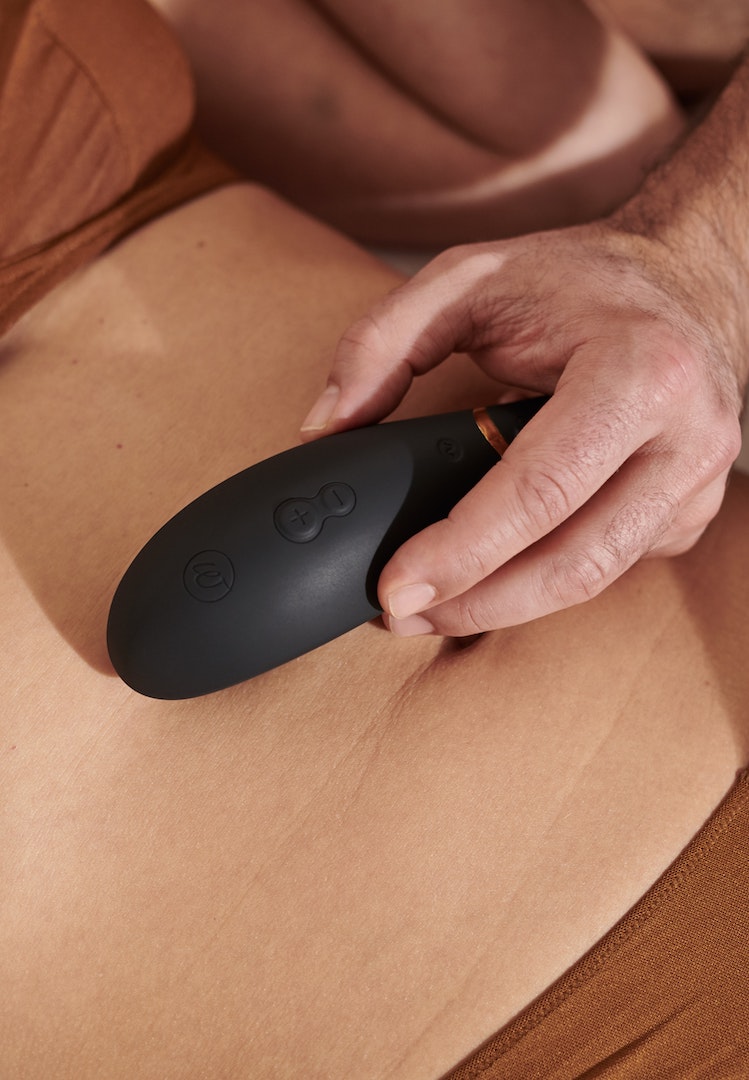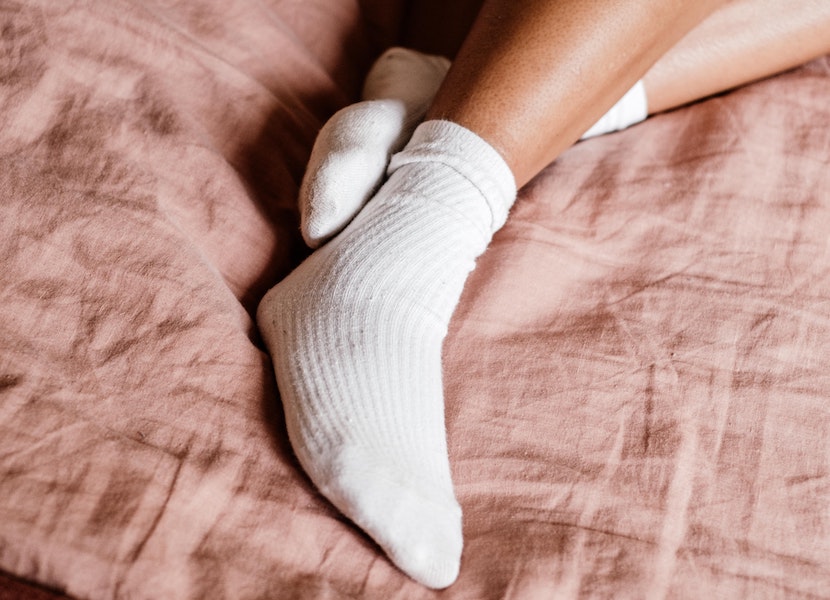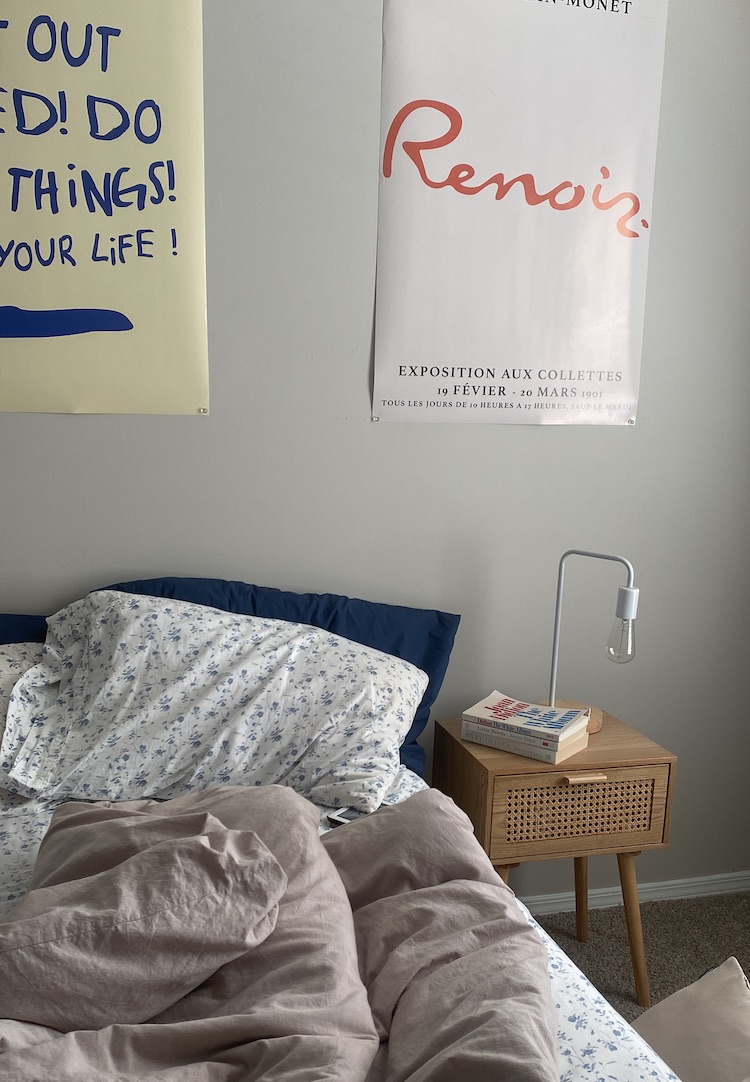I was diagnosed with HPV and it changed how I think about STIs
WORDS BY MARY MADIGAN
“Being diagnosed with an STI felt like a violation but it also forced me to confront my own biases.”
I envisioned my 20s as a mix between high fashion moments and romantic liaisons. I didn’t even consider that perhaps having casual sex or any sex at all could result in an STI, but I was proven wrong. There is nothing like a human papillomavirus (HPV) diagnosis to snap you out of your daydreams and into reality.
After a routine pap smear – which I recommend everyone get because they pick up many important issues – I was diagnosed with HPV. I’d elected for a phone follow-up, and I can clearly remember hiding in the stock room of my retail gig and bursting into tears when the doctor told me.
For more sex advice, head on over to our Life section.
I freaked out because I’d never heard of it before, and I had no idea what it meant. Did I have cancer? Was I dying? The answer is no to both of those things. I also freaked out because I’ve always feared getting a sexually transmitted infection (STI). I’d always been vigilant about it; condoms were non-negotiable, and I thought that would be enough to protect me.
Honestly, being diagnosed with an STI felt like a violation but it also forced me to confront my own biases. While I’d always have sworn I didn’t judge people who contracted STIs, admittedly, I think I always did (at least a little bit). I felt like it was a sign the person was being unsafe and because of this, they were more deserving of contracting something.
I grew up in a culture that made fun of people with STIs and I’d absolutely been guilty of saying throw away lines like, “Gross, he looks like he has herpes!”. You know, the kind of damaging comments that further perpetuate the stigma around STIs. I suppose I believed that people who got infections through sex were dirty on some level. It’s this completely ridiculous way of thinking that I’m learning to debunk since my diagnosis.
When I did get diagnosed, I felt like I was the only person in the world that had it and I was filled with shame and self-hatred. This was compounded by the fact that I was single for the first time in a while and had a few sexual partners. While I felt good about my single status on a surface level, I think subconsciously I was struggling with it.
After all, I grew up on a diet of fairy tales and no one talked about Snow White exploring her sexuality. I believed I was being punished, and I felt like I deserved it. However, as GP Specialist Dr Emma Rees explains, HPV is very run of the mill. “HPV is a common infection, with many different strains, some of which are responsible for genital symptoms.
“It is now more commonly discussed due to the link that has been made between certain types of HPV and the development of cervical cancer. It is now also recognised as one of the commonest sexually transmitted infections in the western world.”
Basically, it’s almost normal to contract it and when I started talking to my mates about it, I found out that so many of them had already had it or were still dealing with it. It made me feel much less alone and I now work hard to be open and honest about my diagnosis, just in case someone else is struggling with it and is feeling isolated like I used to.
For me, the strain I have doesn’t show any symptoms or signs – it’s just there, hence why it’s so important to get your regular pap smears. Many people who get diagnosed with HPV tend to pass the virus through their system after a year or so. In my case, it’s been living in my body for two years, refusing to budge but so far not causing any issues. I get a pap smear yearly instead of every five years to check in on it.
Still, when I was first diagnosed, I was filled with anxiety about it. I was worried it would turn into something terrible and ruin my life. I realise this sounds extreme, but health stuff is terrifying, particularly the health stuff no one talks about. But Dr Rees reassured me that while worry is normal, a HPV diagnosis isn’t the end of the world.
“I would like to say to everyone diagnosed with HPV, don’t worry! Years ago, we only looked for cell changes during cervical screening. Now, we are looking for the virus responsible for cell changes that can lead to cancer. This allows us to step in and prevent cancer before it develops because with the right follow up and management plan, HPV is treatable.
“It’s also important to note that not all strains of HPV lead to the development of cervical cancer. Still, it is wise to take advantage of monitoring and follow up to limit the potential HPV related problems in the future,” she tells me.
She also stresses that “The important thing is that HPV doesn’t mean you have cancer, it isn’t your fault, and it can be treated to prevent cancer from ever developing, we just need to find it first. The cervical screening programme genuinely is a modern medical success!”.
Getting HPV hasn’t been an ideal experience, but it has forced me to confront my stigma around STIs and it’s ultimately made me a better, more empathetic person. Of course, everyone’s situation is different, and I’d urge anyone to speak to a doctor and find a treatment plan that suits them. But I promise that if you keep calm, it won’t ruin your life. There is nothing dirty about it, and you can live your best life in your 20s, even with HPV or any other STI.
For more information on HPV head here and don’t hesitate to talk to your GP if you have any concerns.









